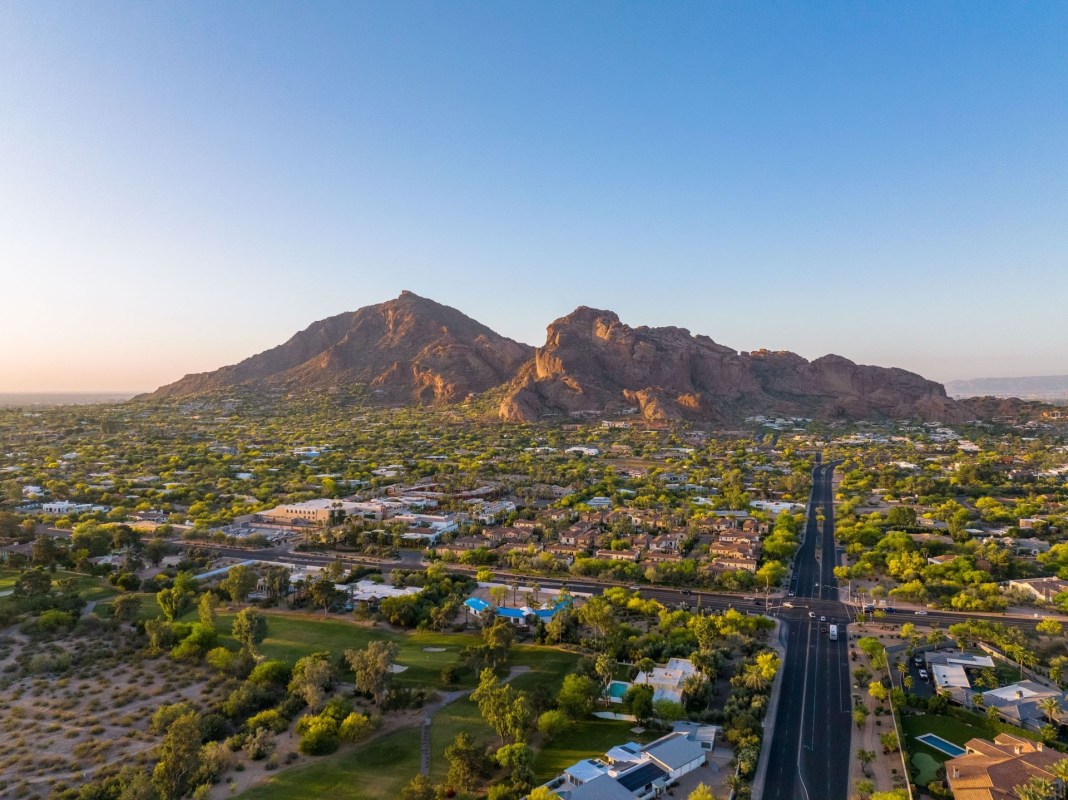Phoenix residents who want to save both money and water are replacing their moisture-guzzling grass with beautiful, low-maintenance desert plants, Business Insider reports.
The "anti-lawn movement" is a push to stop growing turf lawns and start growing plants suited to the local environment. It has grown in popularity in recent years as the western U.S. has struggled with drought, driving up the cost of water.
At the same time, homeowners have become more aware of environmental issues like the need for water conservation and the risk of polluting water supplies with pesticides and fertilizer.
The move away from lawns has also been backed by the government in states like California, where homeowners choosing low-water alternatives to grass can receive a subsidy, and Maryland, where homeowners now have the protected right to grow native plants despite HOA regulations.
Now Phoenix has joined in. Business Insider reports that lawns have become less and less common, with more residents turning to desert plants and colorful stone in their landscaping. The city's Desert Botanical Garden even offers desert landscaping courses to residents to show them options besides grass.
A widespread shift to growing native and low-maintenance plants would have several major benefits. The first is lowering costs for homeowners since grass takes so much water and fertilizer to maintain.
Also, the less water is used on grass, the more there is for important needs, like supplying drinking water. Adding more diverse types of plants is also good for local wildlife, including birds and pollinators like bees. This helps protect species that are a vital part of the local ecosystem, as well as those that humans rely on to pollinate crops.
Finally, beautiful yards full of native plants add character to neighborhoods that once all had the same boring appearance. Companies like Yardzen help homeowners develop landscaping that is both attractive and strategic, requiring little maintenance.
"While a well-manicured lawn is attractive, it's high-maintenance and thirsty, requiring a lot of water to keep healthy," horticulturist Noelle Johnson told Business Insider. "We need to embrace a mind shift, realizing that we live in a hot, arid climate where water is a precious resource."
Join our free newsletter for easy tips to save more, waste less, and help yourself while helping the planet.









